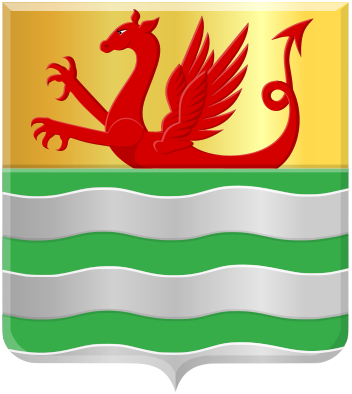Post by Toylyyev on Jul 15, 2019 14:52:24 GMT
Replying to Georg Ebner , and to illustrate my point of interest, i'll pick the political crises from this century in Austria and their more benign consequences than my reference case, i.e. the Greek "Apostasia of 1965" and the subsequent abortive 1967 election.
Looking at Germany for instance, the underlying problems likely would have caused what they call a coalition crisis, which usually involves political heat and grumbling and someone saying something in Bavaria, followed by a few nights of sleep, and then it all ends to the relief of everyone with the chancellor banging heads together. While snap elections also do happen there, they are caused rather by political tactics than strife. I suspect there is some of that with the two elections caused by Chancellor Kurz, but it still looks less clear-cut to me than with the 2005, 1980, and 1969 elections in Germany.
I have chosen the above to illustrate the difference in outcomes compared to pre-1945 events like the handling of the assassination of Archduke Franz Ferdinand or the "self-elimination of the Austrian Parliament" under Chancellor Dollfuss. Like a volcano changing its eruption pattern, it is still the same system, but the events have become effusive rather than explosive.
There are other places that generate snap elections, and i did take care to relativize my similarity claims, the role of family connections in one place compares to a climbing analogy with ropes in the other, etc... And i did also skip discussion of the big ones to hedge against exposure to history debate and critique in a domain of unproven competence.
--
Replying to Devil Wincarnate , here's a little riddle.

- The Ibiza affair. (seems safe enough so far)
- The 2017 snap election.
- The 2008 snap election. (someone literally said: "Es reicht!"
 )
)
Looking at Germany for instance, the underlying problems likely would have caused what they call a coalition crisis, which usually involves political heat and grumbling and someone saying something in Bavaria, followed by a few nights of sleep, and then it all ends to the relief of everyone with the chancellor banging heads together. While snap elections also do happen there, they are caused rather by political tactics than strife. I suspect there is some of that with the two elections caused by Chancellor Kurz, but it still looks less clear-cut to me than with the 2005, 1980, and 1969 elections in Germany.
I have chosen the above to illustrate the difference in outcomes compared to pre-1945 events like the handling of the assassination of Archduke Franz Ferdinand or the "self-elimination of the Austrian Parliament" under Chancellor Dollfuss. Like a volcano changing its eruption pattern, it is still the same system, but the events have become effusive rather than explosive.
There are other places that generate snap elections, and i did take care to relativize my similarity claims, the role of family connections in one place compares to a climbing analogy with ropes in the other, etc... And i did also skip discussion of the big ones to hedge against exposure to history debate and critique in a domain of unproven competence.
--
Replying to Devil Wincarnate , here's a little riddle.

 )
)